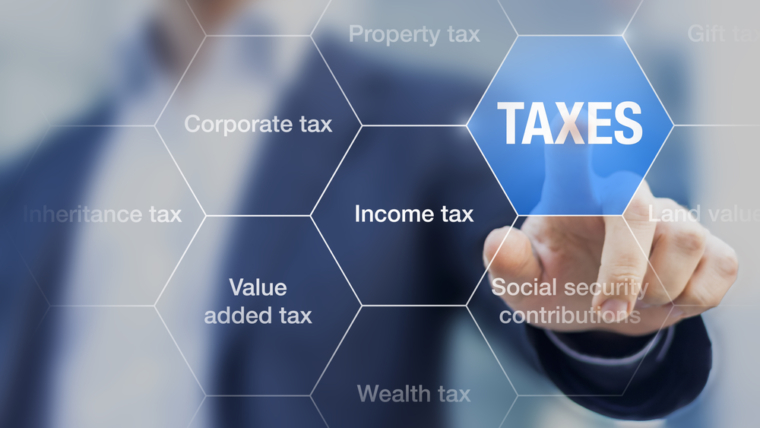If you work as a freelancer, an independent contractor, or if you own a business, then chances are you are all too familiar with estimated taxes. Business owners pay estimated taxes to avoid not being able to cover anticipated taxes on income through wage withholding at the end of the tax year. Those who pay estimated taxes pay their taxes in four quarterly payments to the Internal Revenue Service (IRS).
Paying estimated taxes can be a major headache for some taxpayers. If you pay too little, you could be penalized and fined; if you pay too much you are giving Uncle Sam an interest-free loan that you could have used to build your business. While withholding money for taxable compensation is regulated by IRS tables and is in the hands of employer to make deposits, the responsibility of figuring out estimated taxes is left entirely to the taxpayer. Here are a handful of some possible traps that may trip you up when you pay your taxes, and some tips to help you avoid them.
1. Forgetting about cash flow
One obstacle that many small business owners face is cash flow. Because of this, they are not ready to pay estimated taxes when the time comes. Setting up a payment plan is a helpful tool to help with cash flow.
One thing you can do to ensure that you have cash when the time comes is to have the discipline to make monthly payments. Another option is set aside the money in an account that you do not touch until it is time to make payments.
“Explore wage withholding options. For example, if you have an S-Corporation, you can increase withholding on taxable compensation to cover what you expect to owe on your share of corporate profits (there will, of course, be withholding on your salary and other taxable benefits). Note: When starting a business, it may be worth considering becoming an S-Corporation rather than a Limited Liability Company (LLC) because of the ability to use wage withholding for tax payments,” writes Barbara Weltman of the Small Business Association (SBA).
2. Failure to pay tax obligations
On top of accounting for net earnings from self-employment taxes, “include S-Corporation owners’ shares of their business profits, taxable compensation from being an employee (although there usually is income tax withholding on this compensation), and other reportable income for accurately estimating taxes,” writes Weltman.
3. Do not pay more than you owe too early in the game
Every small business owner knows that from time to time income will fluctuate. The IRS encourages business owners to sidestep potential estimated tax penalties by adopting the annualized income installment method.
4. Not all quarterly installments are created equal
The quarterly payments, or estimated taxes do not fall evenly throughout the year. Since there are just two months between the first and second payments, business owners need to be prepared to pay each quarterly payment.
5. Finding professional help
Seeking the help of a professional accountant may benefit you when you start setting up your business. Contact the professional resolution attorneys at Federal Tax Management Inc. today to learn more about resolving tax debts



